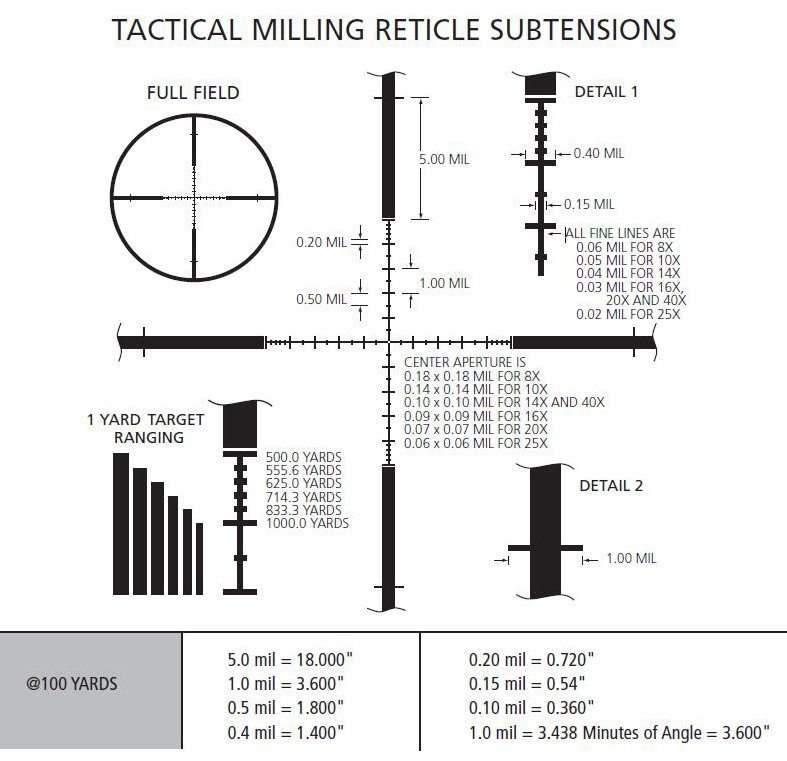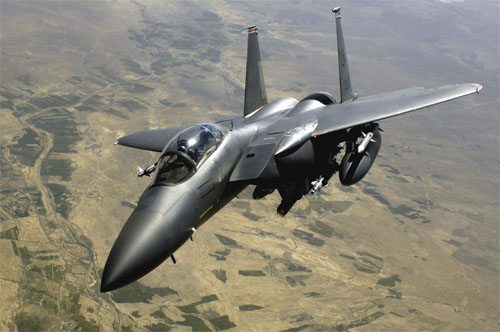Agence France-Presse,
WASHINGTON: A move to beef up US forces in Afghanistan with some 3,000 marines reflects growing concerns about rising insurgent violence and turmoil in neighboring Pakistan, analysts said Thursday.
But the proposed deployment is seen as a stop-gap measure at a time when some experts say a revamped, unified strategy is needed to halt a worrying two-year slide in public confidence in the government of President Hamid Karzai.
“It's not a radical change in strategy, it's a selective application of power,” Michael O'Hanlon, a military expert at the Brookings Institution, said of the proposal to send more troops.
US Defense Secretary Robert Gates is slated to review the military's request for the deployment of a marine air-ground task force on Friday.
No final decision is expected immediately, but the proposal calls for sending the 3,000-man force to Afghanistan's Helmand province by April, in time to confront a “spring offensive” by Taliban insurgents.
Gates told reporters Thursday that he would weigh the impact on US forces, as well the implications of taking pressure off US allies to fulfill their commitments.
But he said, “I also am very concerned that we continue to be successful in Afghanistan and that we continue to keep the Taliban on their back foot and that we defeat their efforts to try and come back.”
Pentagon officials stressed that the deployment would be a one-time only, seven month mission to help fill a shortfall in combat forces that had been promised by NATO but never materialized.
Analysts and some military officials believe that Islamic extremists are shifting their focus from Iraq to south Asia, and will do so increasingly as the war in Iraq winds down.
Currently, there are about 26,000 US troops in Afghanistan, most of them under a 40,000-strong NATO-led force that has assumed responsibility for security throughout the country over the past two years from US forces.
But the expanded NATO mission, which has more than doubled the number of foreign troops in Afghanistan, has coincided with the rise of a Taliban insurgency that has sent violence soaring.
“If you look at the last year, the increase of violence, particularly in the south, has been to the tune of 60 percent,” said Ali Jalali, a former Afghan interior minister.
“At the same time, the situation across the border in Pakistan is deteriorating,” he said.
Jalali said more US troops were welcome but the problems are deeper.
The United States and NATO lack an overarching strategic vision for Afghanistan and the region, he said.
Poor coordination among the collection of foreign military forces in Afghanistan and with the Afghan government and its forces have resulted, according to Jalali.
“They can win any battle, but there is no strategy,” he said. “Since last year, NATO has won many battles but the strategic situation is worse than last year.”
Jalali and others say a strategy for Afghanistan is incomplete unless it also encompasses nuclear armed Pakistan, whose tribal border areas have become safe havens for Taliban and al-Qaeda.
“What we need to do is look at the situation regionally,” said retired Colonel David Lamm, a former chief of staff of the US military command in Afghanistan in 2004 and 2005.
“One of the things we really need to reassess is, particularly hedging our own strategic bets on what may be happening inside of Pakistan, what sort of military structure inside Afghanistan would give you the best advantage, and the best head start if something bad happened inside Afghanistan,” Lamm said.
And yet, the commander of the NATO-led force in Afghanistan, General Dan McNeill, has no authority for military planning beyond Afghanistan.
Pakistani military leaders, meanwhile, bristle at any suggestion of US military operations inside Pakistan.
But Sam Brannen, a fellow at the Center for Strategic and International Affairs, said the assassination of former Pakistani prime minister Benazir Bhutto has pointed up “a clear need in the view of US policy makers to plan for a growing instability from Pakistan.”
“Internally in Pakistan, turmoil has further distracted and distanced Musharraf from the problem of extremists fighting against external elements. It has given them a safer haven than ever before,” he said.









